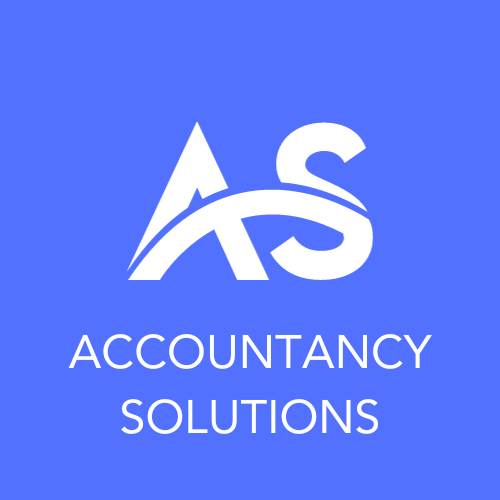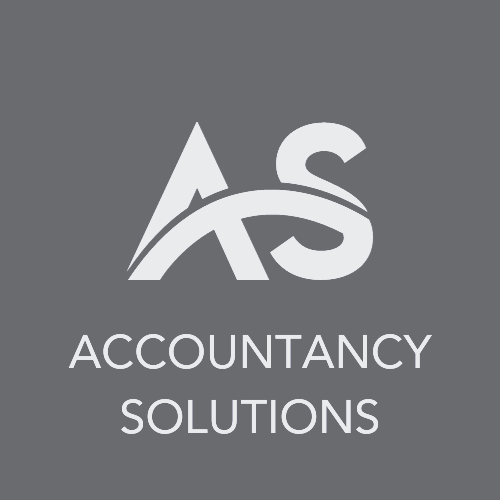There’s so much to consider if you’re running your own small business. And one of the most important things you need to focus on is keeping your books straight. It’s imperative that from the start, you’re tracking all your finances including revenues, expenses and profits, so that you don’t run into trouble at the end of the tax year.
To help you run your company as efficiently as possible, we’ve put together this accounting advice for small businesses guide to make sure that you’re organised and prepared with your finances.
1. Keep accurate records
Our first piece of accounting advice for small businesses is to keep accurate records. Store all this information in one location and if possible, use software to keep your books. There’s a wealth of online accounting services out there that allow you to efficiently track your money flow, and some even have an invoicing feature for added convenience.
2. Keep your receipts
We know how annoying it can be to have pieces of paper clogging up your wallet, but these receipts can be super important for your small business tax return. These sales slips and expense details contain dates that will help HMRC understand what was spent and when, and can also help to keep you organised. Now, we’re not saying you need to keep every receipt for everything you buy, but the business-related purchases are a must.
3. Separate your personal and business finances
If you’re a sole trader or running a small business, when it comes to finances it’s sensible to keep the two separate from each other. Open a new business bank account and ensure all finance spend and profits go in and out of that one. Doing it this way will help you to stay more organised, as it can be difficult to sift through the numerous personal transactions to find just the business ones.
It’s also important to note that the only personal things that are actually deductible from your small business tax return is the things that get used for both personal and business – usually a car or a home office.
4. Don’t forget about tax deadlines
When you’re snowed under trying to run your company, it can be easy to forget about tax deadlines. In the event that you forget to file your tax return, you’ll be hit by late fees and fines and the longer you wait after the deadline has passed, the more it costs as you’ll incur daily charges.
Read our guide to self-assessment deadlines and penalties to find out more.
5. Budget for tax
It’s so easy to get swept up in it all when the money comes rolling in, but sadly, you’ll need to remember not all of it belongs to you and the taxman will be expecting their cut. The best way to avoid getting caught out with a hefty bill at the end of the tax year is to budget as you go along. Set up a savings account and keep a portion of your income aside so when it comes to it, you can easily pay your small business tax.
6. Create profit and loss statements
With accounting for small business owners, you’ll want to be creating profit and loss statements. These offer a quick review of the financial health of your business and summarise expenses, cost and revenues during a specific time – usually over the past year. Information such as gross profit, net profit, operating profit and profit before tax should be included. You’ll also need to include records of purchases on any business credit cards and accounts too.
7. Hire a small business accounting service
Often smaller businesses will try and keep everything in-house to try and save money, but accounting is one area where doing so may end up costing you more. At SixtyFour8, we’re a small business accounting service that’s familiar with smaller scale operations and their unique requirements. We can organise your accounts, ensure your small business tax return is filed in advance of the deadline and help you keep organised, accurate records.
Want to know more about how we can free you up to run your business? Get in touch today for more information.
That’s our essential accounting advice for small businesses! Looking for more financial advice and tips? Read our article on 17 accounting tips every small business should know, next.

